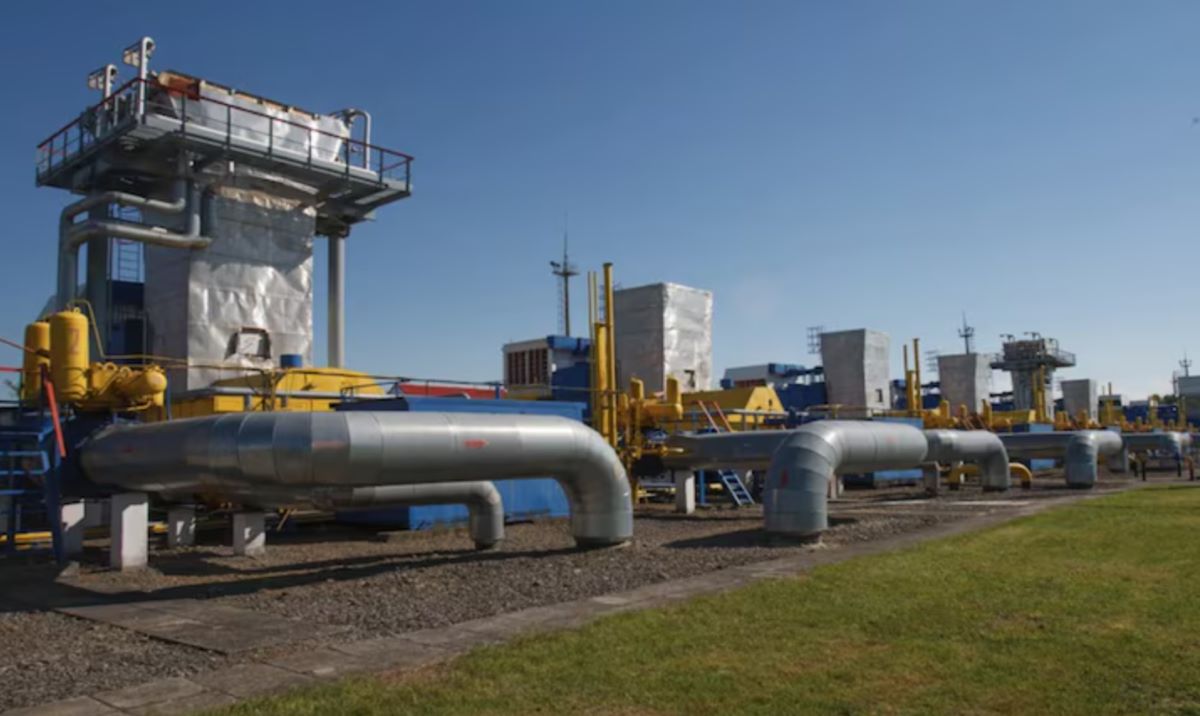On January 9, the Ukrainian Foreign Ministry said it was ready to take Hungary's place in the European Union (EU) if the country decided to prioritize relations with Russia over continued cooperation with the EU and the United States.
Earlier, Hungarian Foreign Minister Peter Szijjarto criticized Ukraine for stopping the transit of Russian gas to the EU, causing energy prices to skyrocket. Mr. Szijjarto accused Kiev of manipulating the situation to limit gas supplies, and this unilateral decision, combined with EU sanctions, put great pressure on Hungary and EU members.
“If Hungary prioritizes strengthening relations with Russia over the EU and the US, it should admit it openly. Ukraine is ready to fill any vacant positions in the EU and NATO if Hungary decides to join the CIS or CSTO,” the Ukrainian Foreign Ministry said.
The CIS (Commonwealth of Independent States) is a bloc of several post-Soviet countries, while the CSTO (Collective Security Treaty Organization) is a military alliance that includes Russia, Belarus, Armenia, Kazakhstan, Kyrgyzstan, and Tajikistan.
At the end of 2024, Ukraine decided not to renew its five-year gas transit contract with Russia’s Gazprom, cutting off supplies to several EU countries, including Romania, Poland, Hungary, Slovakia, Austria, Italy and EU candidate Moldova. As a result, gas prices in the region rose to more than 50 euros per megawatt hour, the highest since October 2023.

Hungarian Foreign Minister Szijjarto said that high energy prices were undermining the EU's competitiveness and putting a heavy burden on citizens. He also accused Ukraine of violating the Association Agreement with the EU by stopping the transit of Russian gas.
Slovakia was also unhappy with the decision, calling it a “betrayal of trust” and a threat to regional energy stability.
Russian Foreign Ministry spokeswoman Maria Zakharova asserted that the US is the only beneficiary of this situation, calling Washington “the main sponsor of the Ukrainian crisis”.
Russian President Vladimir Putin criticized Kiev for “punishing” EU countries with this decision, and predicted that energy prices would continue to rise.









